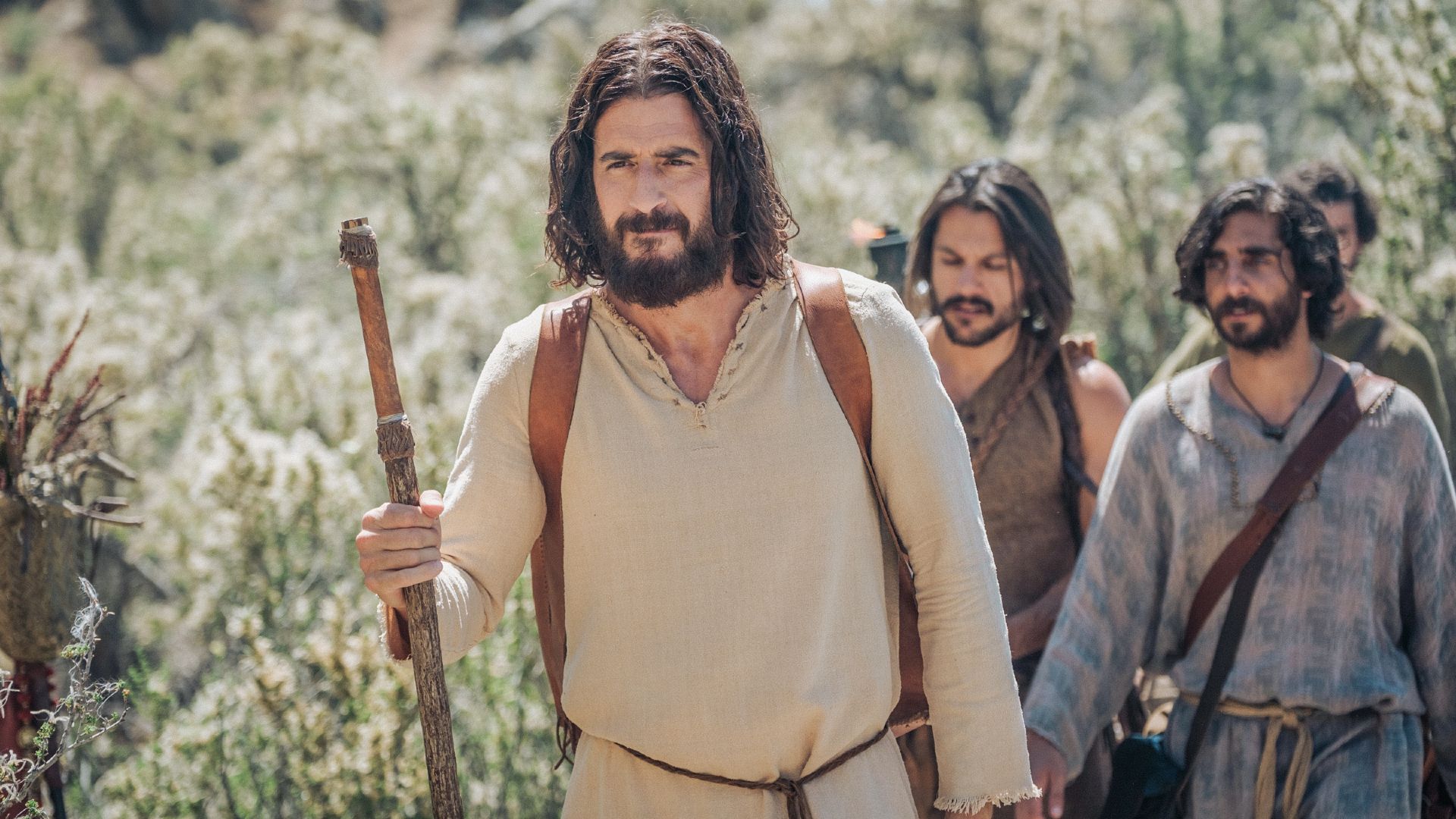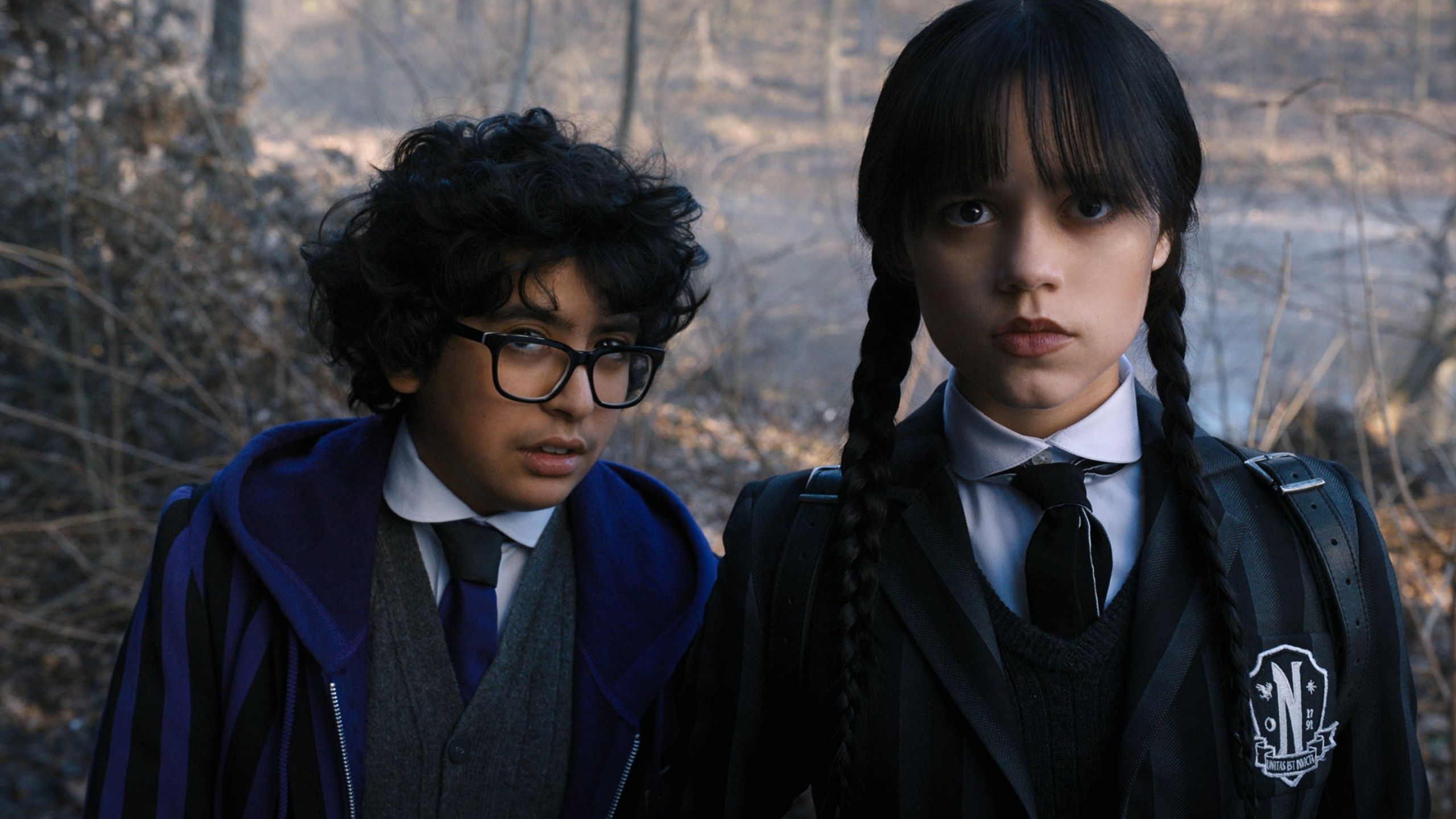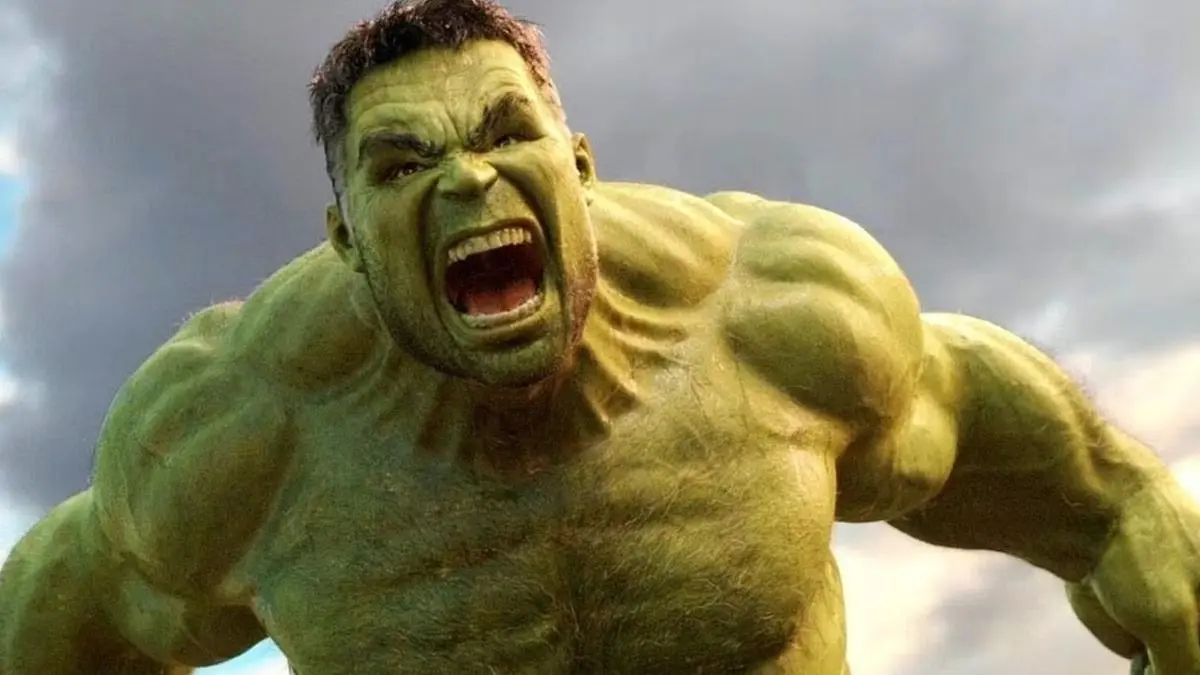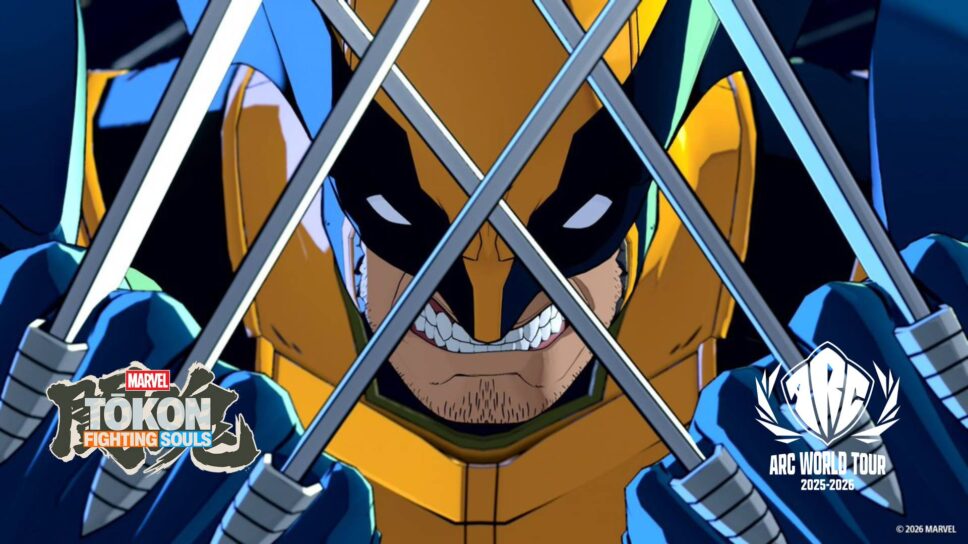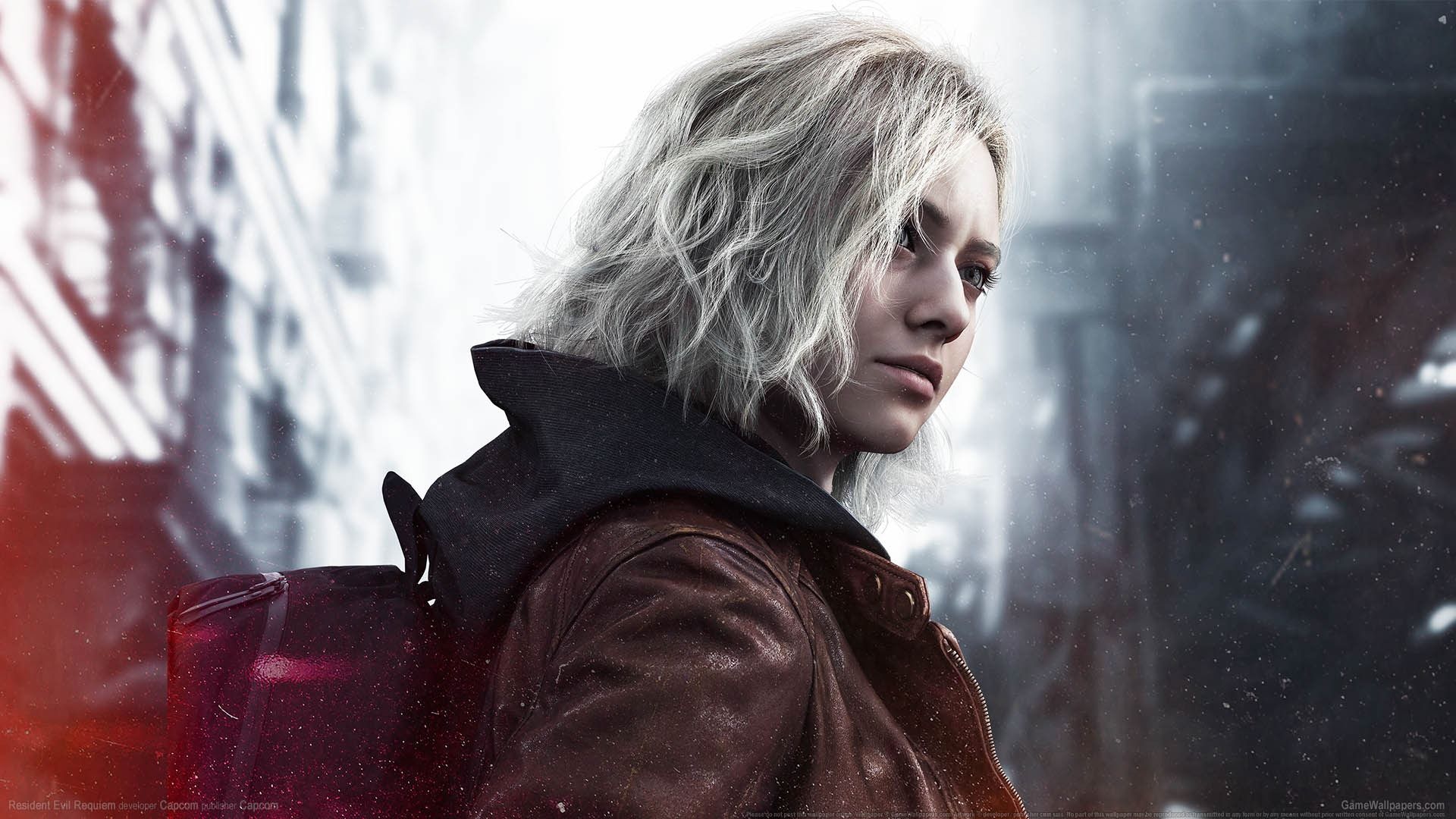VALORANT Masters Santiago: English talent and observers revealed

Riot Games has announced the complete list of commentators and analysts who will be covering the VALORANT Masters Santiago tournament. They’ll be providing expert commentary and exciting play-by-play as the action unfolds live.
